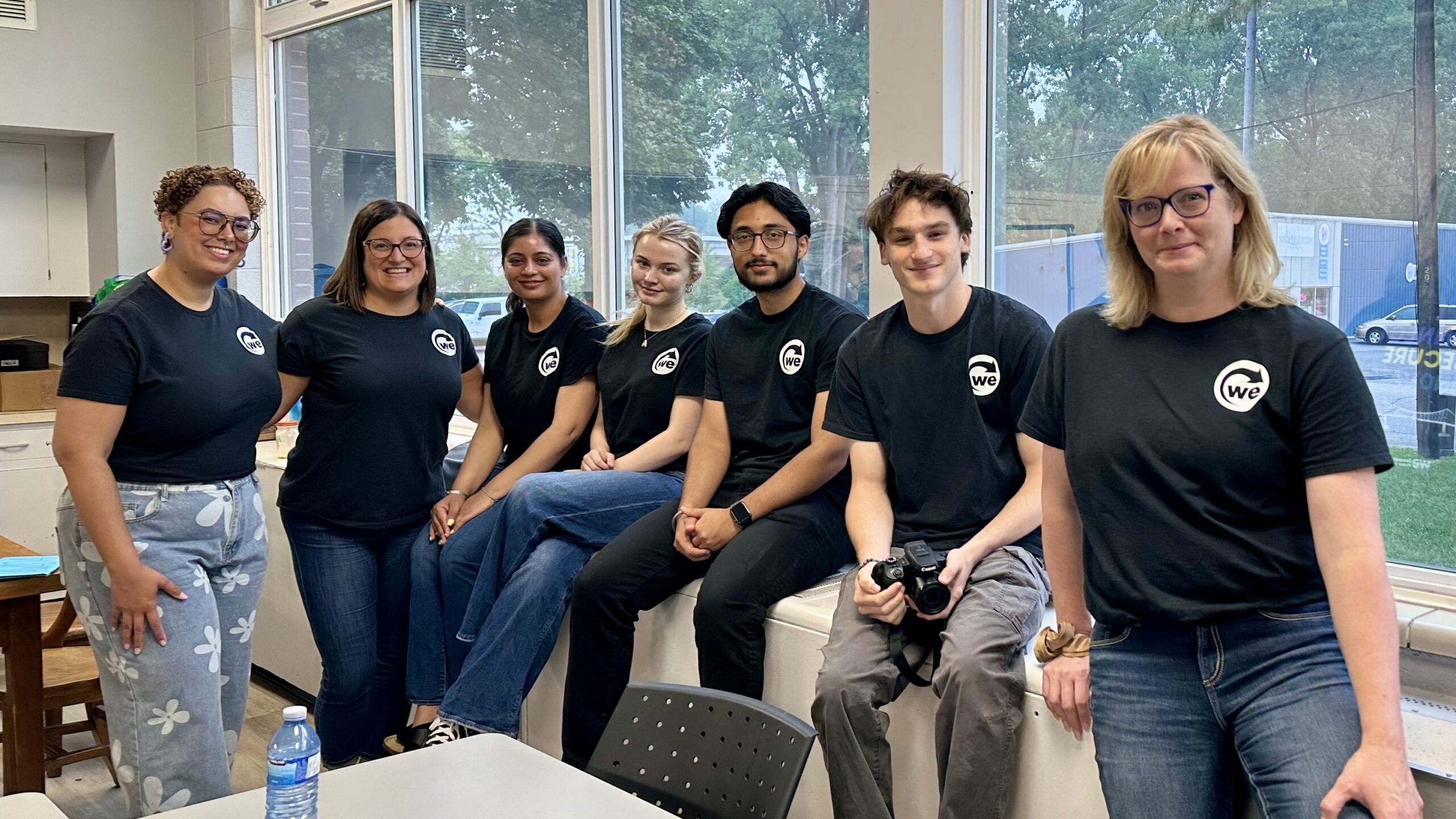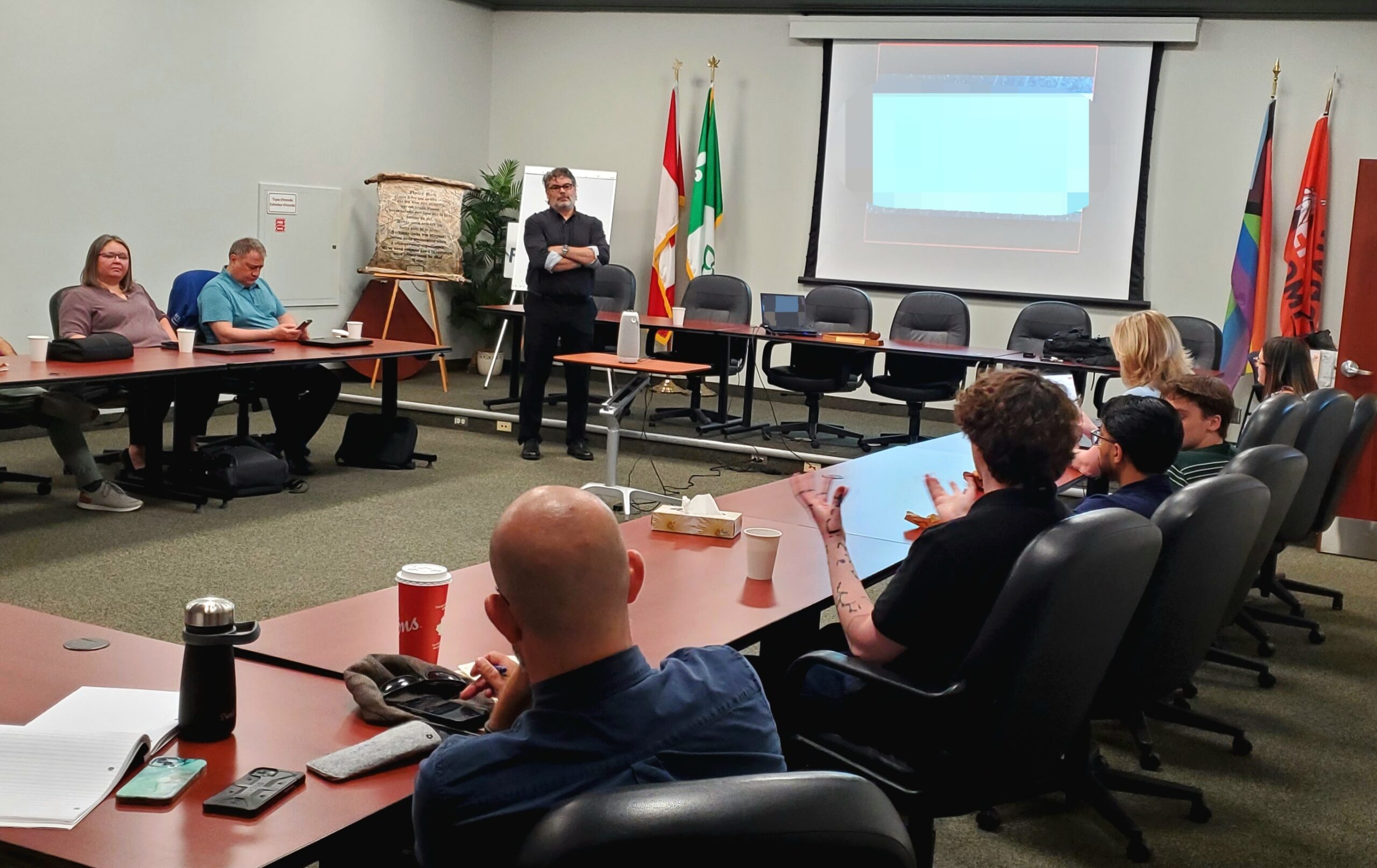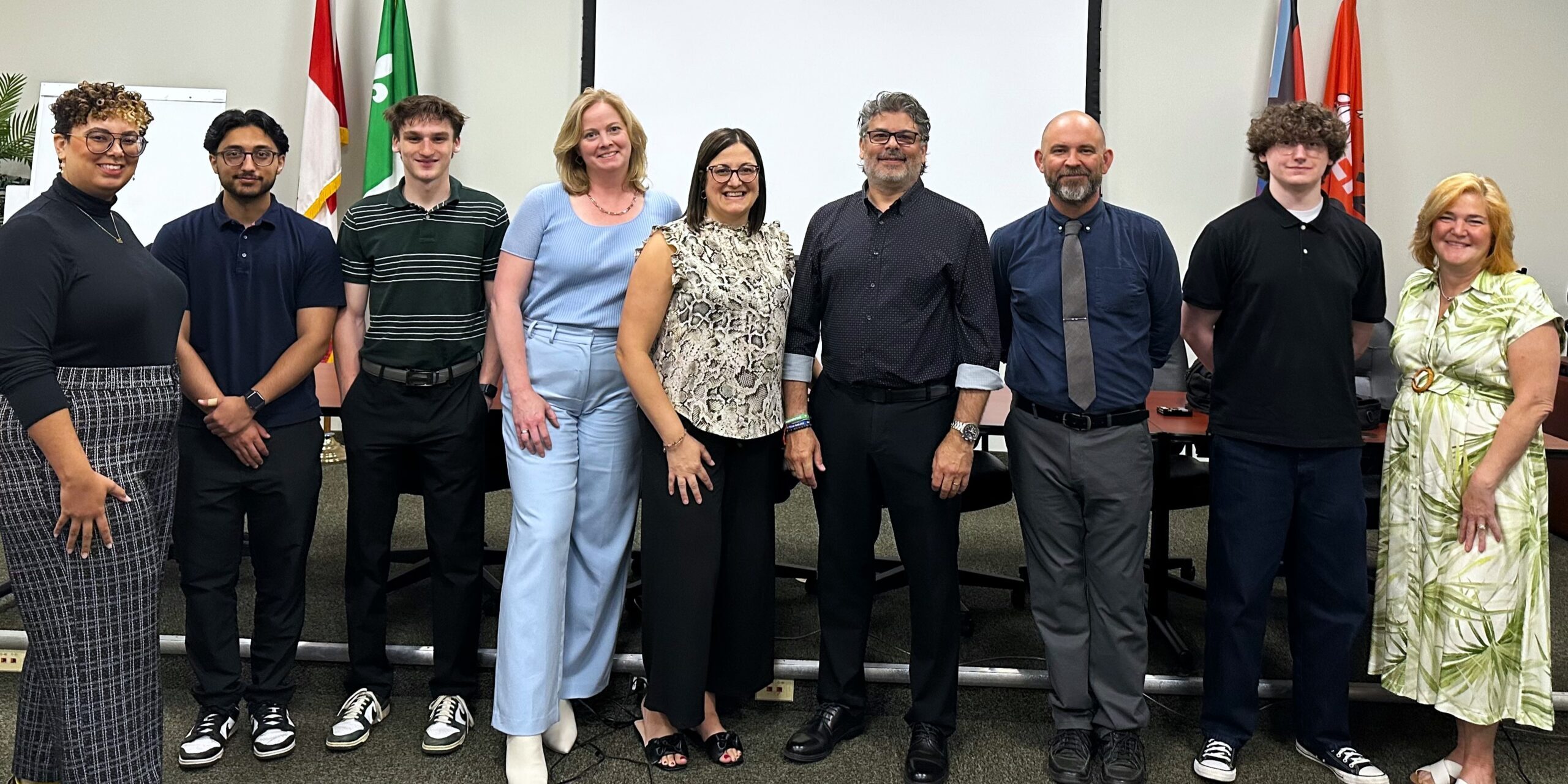Career decisions shouldn’t come down to guesswork, and thanks to the Canada Summer Jobs Grant (CSJ), they don’t have to.
How much of your life could you have predicted at 20?
Early on, life can feel like an episode of “Let’s Make a Deal – Career Edition”. Will the door you choose reveal the goat or the brand-new car? It’s a probability puzzle – what are the odds that you’ll pick the right thing, and how do you know if you should change your mind?
But this isn’t a game show, it’s your life, and your future, your tuition, and your choices on the line. No pressure.
From left to right: Bryson Doherty shows off the CWE merch he designed; Ewan Cross stands at the front desk of the Leamington library; Bryson Doherty uses his drone to take bird’s eye view photos
Knowledge and Access
Prior to 1975, Let’s Make a Deal players were on their own to find the right door. The dilemma, known as the Monty Hall problem, was solved by Steve Selvin in a letter to the American Statistician that year.
The basic setup of Let’s Make a Deal is:
- There are 3 doors. At least one contains a goat, and at least one contains a new car.
- The player must choose one of three doors.
- The host reveals a goat behind a door that the player didn’t choose.
- The host then asks the player if they would like to switch their door for the remaining closed door.
What should the player do?
Selvin says switch. But why?
It comes down to more information. The player knows more about the game and the location of the prizes at this point than when they started. There is nothing that says there is only one goat, but the player knows that there must be a car. They’ll have a 2/3 probability of winning the car when they switch. But people will only know that if they have access to Selvin’s studies – his extra knowledge.
That extra knowledge is a key to making a better decision.
In real life, we don’t get a gameshow host revealing what’s behind door #2, but we can get something just as powerful – experience.

Bryson Doherty poses with the CWE team during the Ignite Academy Summer Camp. From left to right: Aislyn Laurent (ICT Research Analyst, CWE), Joanne Soave (CEO, CWE), Amandeep Sandha (Finance, CWE), Ashley Dunn, Navraj Toor (Business Analyst, CWE), Bryson Doherty, Laura McCabe (Senior Project Manager, CWE).
Keys and Doors
Internships are keys. They give students a peek behind closed career doors, before they must make a “final” choice. Test driving your future career takes some of the pressure off and brings in some clarity. The Canada Summer Jobs program provides the access to real world experience and knowledge that students need.
At Connecting Windsor-Essex, we’re humans first, then past students and some of us are parents. We’ve faced the “not-knowing” that comes in life’s transitions. And we’ve been pretty lucky. People have taught us, mentored us and opened doors that we couldn’t have opened on our own. We wanted to pay that investment forward.
Enter the CSJ program and our 2025 intrepid summer interns, Bryson Doherty and Ewan Cross.
They’ve shared their summer with us, and we’ll share parts of their adventures with you. Bryson returned to the CWE marketing office for his second year, bringing his drone to be our eye-in-the-sky and his eye for design on the ground. Ewan joined the Essex County Library team in a networking and IT capacity working under Natalie Hatch (Manager of Support Services) and her team.
The question is what was the impact of CSJ and did it even their odds of choosing the ‘right’ door?
What’s on the other side of the door?
The thing about a key is that it doesn’t tell you much of anything about what’s on the other side of the door before you open it.
We guess in the early stages of our career at what we think we might like and what we might be good at – because we really don’t know. There are certain odds against us as we make early career choices.
The unwritten social codes and mores of the workplace.
School and work are very different places. How does one cross that bridge and discover what’s expected without making too many faux pas? Being in the office, in meetings and planning sessions help students catch the social nuances of the workplace. Is it ok to share my thoughts? Can I make suggestions? Can I ask questions? For Bryson, each week offered new experiences in office life. “Our weekly “Tuesday Toots” (where we share what we’re working on – and yes, we really call them that.) made my work feel valuable and allowed me to ask questions about how my work connected with the rest of the team,” Doherty explained.
You don’t know what you don’t know.
What does an XR Developer do? What about Graphic Facilitators, Project Managers, Business Analysts, ICT Researcher Analysts, or DataOps Engineers?
You can’t choose a career that you don’t know exists.
In an internship, students learn about the role they are hired to do, and they also learn about what their co-workers do, what their managers do and what other teams in the organization do. ”I was taught all about my coworkers’ responsibilities and sat in many conversations probably above my head,” Doherty said. “But they never failed to stop and explain the concepts.” An internship presents possibilities and pathways – opening doors to other doors.
From left to right: Ewan Cross examines a piece of network hardware; Bryson Doherty poses inside the jail cell located under one of the Essex County Library branch locations; Ewan Cross removes hardware from a server rack
There is no guarantee that you’ll like doing what you are studying in school.
For Ewan, the classroom has been providing the language of networks – but his internship gave him the ability to speak “printer” in whole new ways. If you didn’t know “printer” was a language – we envy you. It’s something you learn that you don’t know as soon as your printer stops working. During our farewell lunch, Ewan told us that it was one of the key things he was looking to learn more about from his internship. “Getting hands-on experience with networking equipment in a real environment has been extremely valuable. In-class simulations are good for learning, but they can never replace the real thing,” Cross said.
CSJ evens the odds by funding job opportunities that let students explore the world of work, ask questions and learn from people they would never meet otherwise.
It opens a door to office life that reveals the nuances beyond the textbooks. All the things that are part of a job and being part of a team that are more caught than taught. There are no cubicles at CWE – just open tables where life and business happen around you – whether you plan for it or not. Bryson may have expected a summer of taking photos and editing videos but soon found himself in a creative lab, full of noisy people, sharpies, index cards and sticky notes. Students can learn from everyone who walks through our doors – from data science and biochemistry to kanban boards and strategy design.
“I think programs like this are fabulous for developing future talent,” said Natalie Hatch. “It gives the student the opportunity to LIVE the demands on an everyday IT team (in our case). We introduced Ewan to many new software packages, and the Canada Summer Jobs program allowed Ewan to showcase his own unique talents to us.”
Canada Summer Jobs is the Key to the Future
Students aren’t the only ones who need keys.
Public organizations, small businesses and not-for-profits need new talent, but the cost can be prohibitive. Hiring is a time consuming and expensive process. And the summer is short. Canada Summer Jobs provides the “funding key” that let’s an organization say “yes!” where it otherwise couldn’t.
“In the nonprofit space, it’s do more with less every single day. We have a small but mighty team, each of us bringing a unique skillset to support the needs of our membership, and it’s often all-hands-on-deck,” said Joanne Soave, CEO at Connecting Windsor-Essex. She went on to explain why she thinks programs like Canada Summer Jobs are so critical. “They allow us to unlock capacity we wouldn’t otherwise have, and in some cases, move projects forward in a single summer that might have taken us a full year at our usual pace. The positive impact is not just meaningful- it’s transformative.”
When describing his experience Bryson said, that the CSJ funding “allowed me to adapt, create relationships and complete projects that enhance my resume and network.” The experience provided an opportunity to work with a non-profit, contribute to his community and “feel a great sense of purpose capturing the moments for everyone to see.”
As a non-profit, CWE is among a growing group of “small, but mighty” organizations that want to show the impact that everyday people can have on the future of the place that we live. CSJ is essential to that.
“As a mom, I’ve seen firsthand how competitive the job market is for young people, whether they’re in high school or post-secondary,” said Soave. “Everyone wants experience on a resume, but how do you gain experience if you can’t get that first opportunity? That’s why programs like CSJ are so important. They expand the number of organizations that can offer funded opportunities for students to learn, grow, and develop their skills while building that much-needed experience. For us, it’s about more than capacity, it’s about investing in homegrown talent right here in Windsor-Essex. Being able to open doors for our young people, and show them what the future holds is rewarding, and honestly, pretty awesome!”
Back at Essex County Library Ewan quickly became “a very integral member of our team”, said Hatch. He assisted the team with launching software, clearing up backlogs, and “he even planned out and launched a new helpdesk software to allow us to get a better handle on our IT resources and staff time.” And the feeling was mutual. Ewan later described the CSJ opportunity as a learning experience that was invaluable to his future career.

Ewan Cross asks a question during Frank Fazio’s special topics presentation to the Technical Leadership Committee.
Going through a door changes you
We rarely think about how going through a door will change us. But it always does. Over the summer we watched our students move from quiet to confident. From waiting to be told to sharing their opinions and communicating to leadership. “By the end of things,” Bryson said, “I felt more confident sharing my perspective in group settings, realizing I had a valuable way of creative and technical thinking. I talked with many important people and came to understand that when it was my turn, I could command and set things up the way I saw fit.”
Ewan said that this internship let him experience the “daily ins-and-outs of working in IT, as well as the type of work culture that I thrive in. It also gave me the chance to work with some really awesome people!”
What’s most telling, though, is how Bryson and Ewan described the impact for themselves.
For Ewan, the experience was “enlightening”.
“It’s given me a ton of insight into my strengths and weaknesses in the workplace, the IT world, and the direction I should take my education going forward,” he shared.
Bryson said he felt “empowered”.
“I was enabled to work in my own creative style and pace. I discovered my own creative process – responding to feedback, understanding needs, sharing my work in a way that is easily understood, and communicating with both a client and product producer.”
This summer, CSJ helped us hold open doors
Bryson and Ewan walked through, and it didn’t take them long to start building areas of expertise and experience that they will carry forward into their future adventures.
But internships aren’t just for the interns.
It’s easy to assume that mentorship only changes the mentee. But that’s a little shortsighted. Having a CSJ student isn’t about delegating tasks.
Bryson and Ewan brought energy, questions, and a fresh perspective. Their questions helped us sharpen our thinking and look again at the what, why and how of what we do every day.
They gave us a behind-the-scenes pass to our own world. We tagged along as they met our stakeholders and asked their questions – and learned some things we thought we already knew. (Did you know there’s an old jail in one of our county libraries? Yeah, neither did we. Of course we took the opportunity for photographic evidence!)
Bryson and Ewan gave our staff opportunities to hone leadership and mentoring skills. Mentorship is about creating opportunity, a space for what is possible when we let talented young people step into their own. We got to be models of what’s possible. “Watching Laura run her workshops and squeeze the creative juices from very technical people will never not amaze me,” Bryson observed. By bringing them into the things we do and develop, we have the chance to show the nuance in our work that is difficult to articulate, but also a big part of our raison d’etre.
Our students supercharged our abilities to serve our communities – to provide services, education, and to tell our stories.
CSJ made that possible.
“We feel like we have won the lottery,” said Ms. Hatch. “We could not have asked for a better candidate, and we definitely did not anticipate the range of skills he brought to us.”
Now the summer’s over, and our students have returned to school. One question is left.
Would we do it again?
Absolutely! We’re writing our application right now. Kidding. Not really.
Success starts with collaboration. Find out how CWE brings the region together by learning more about membership today.








